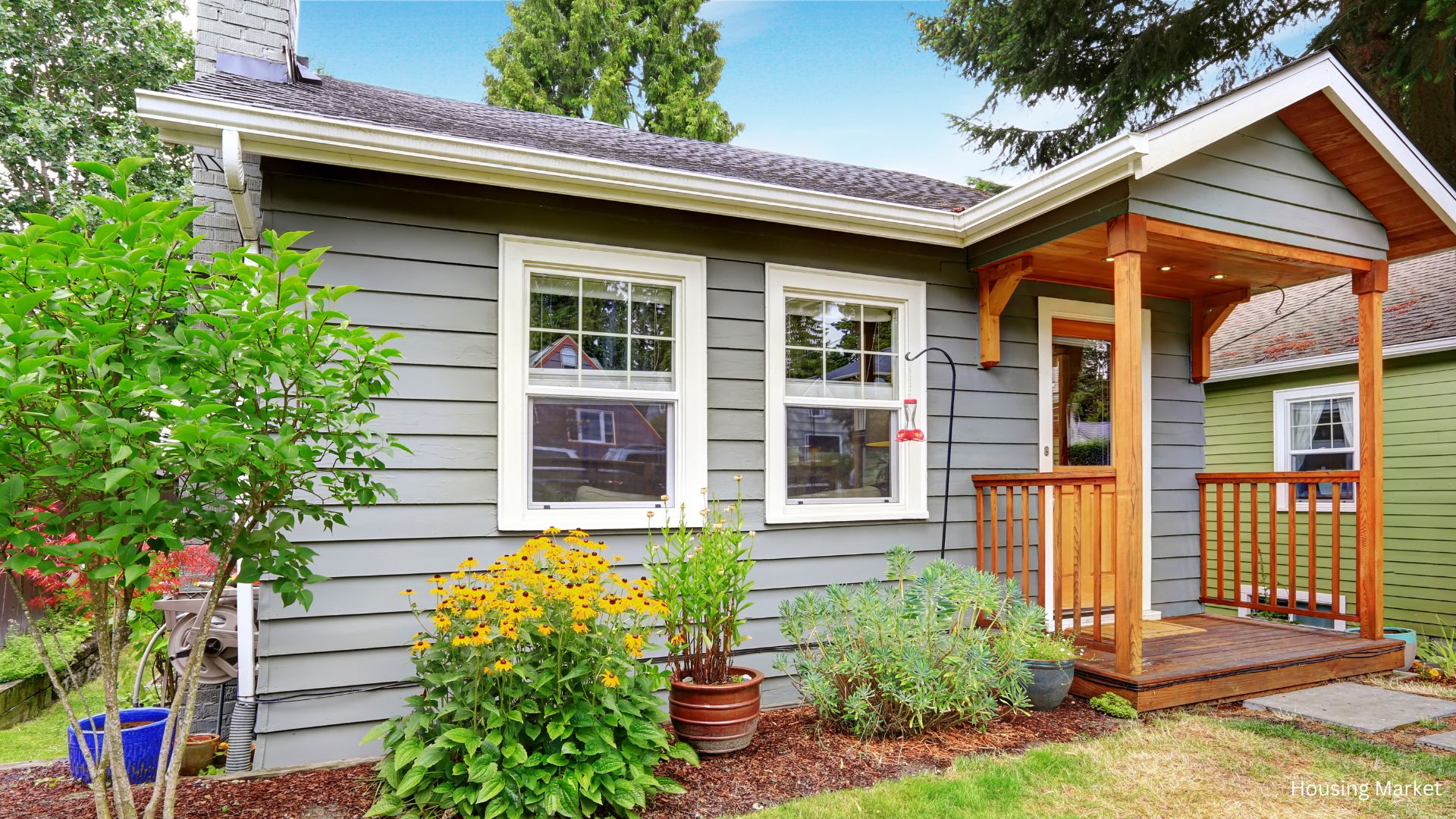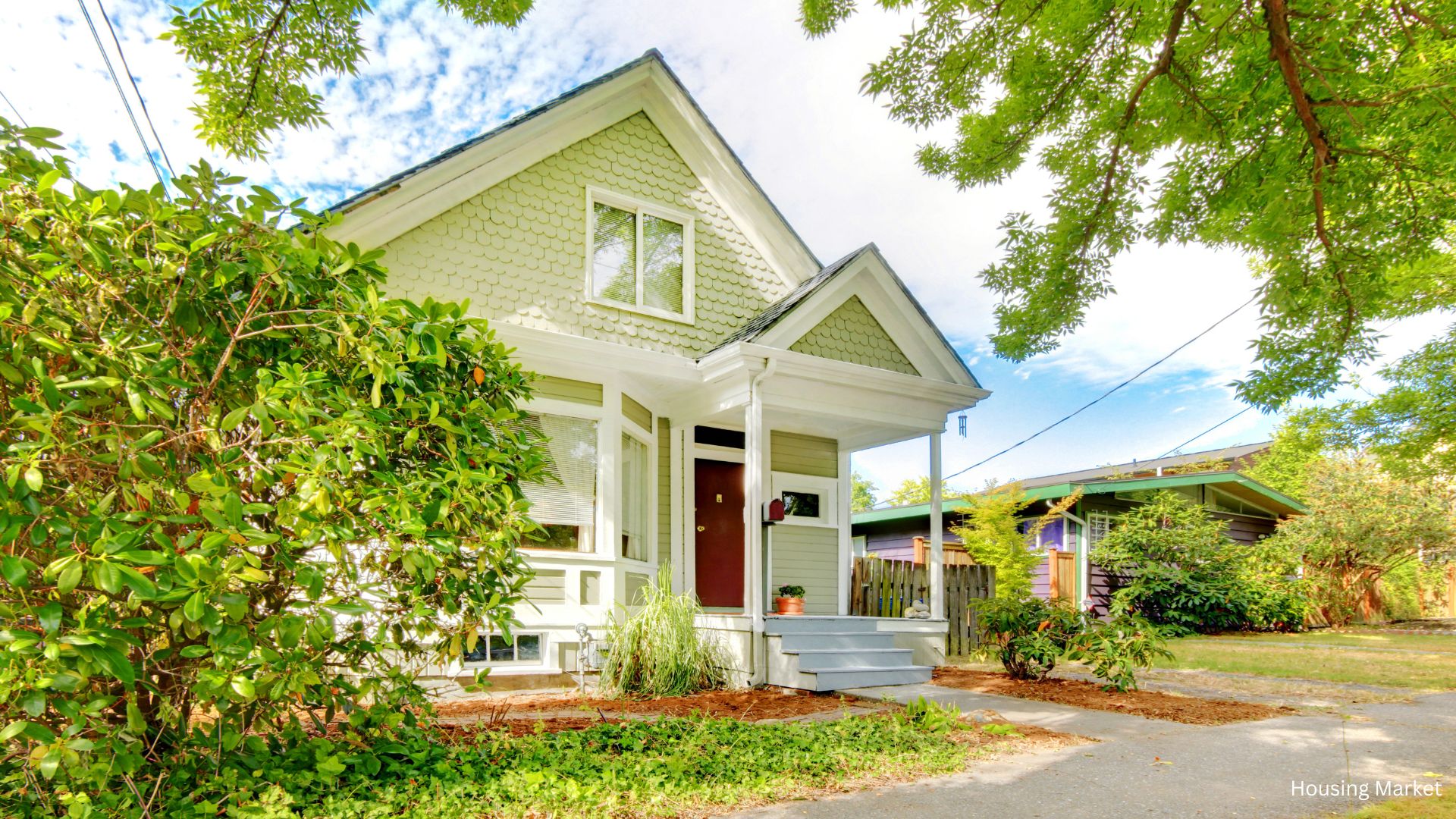Falling mortgage rates have recently captured the attention of homebuyers, economists, and real estate professionals alike. With the weekly average mortgage rate dropping to its lowest level in 15 months, many expected this would lead to a surge in home sales. However, the reality has been more complex, as various factors contribute to a more cautious approach among potential buyers.

The Impact of Falling Mortgage Rates on Home Sales
The drop in mortgage rates typically signifies lower monthly payments for buyers, making homes more affordable. According to a recent Redfin report, as of late August 2024, the median monthly U.S. housing payment fell to its lowest level in five months. Despite this, falling mortgage rates have not translated into a significant increase in home sales. In fact, pending home sales experienced a 6.9% decline during the four weeks ending August 25, the largest drop in nearly a year.
One reason for this discrepancy is the uncertainty surrounding the housing market. Would-be buyers are hesitant, waiting for clarity on several fronts, including the National Association of Realtors (NAR) settlement, the upcoming presidential election, and the potential for further decreases in mortgage rates.

Buyers Await Clarity in a Shifting Market
The new rules from the NAR, effective since August 17, 2024, have introduced changes in how agent fees are negotiated. Some buyers and sellers are adopting a wait-and-see approach, wanting to observe how these rules will play out in the real estate market before making a move. Additionally, there is a widespread belief that mortgage rates could fall even further, especially if the Federal Reserve decides to cut interest rates in September. This anticipation contributes to a delay in purchasing decisions, as buyers hope to secure even lower rates.
The upcoming presidential election adds another layer of uncertainty. Political shifts can significantly impact economic policies, including those related to housing. Many potential buyers are choosing to delay their purchases until after the election, hoping that the results will provide a clearer economic outlook.

The Future of the Housing Market Amid Falling Mortgage Rates
While falling mortgage rates offer the potential for more affordable homeownership, they are not the sole factor driving the housing market. The current environment, marked by regulatory changes, economic uncertainty, and political considerations, has led to a more cautious stance among buyers. As a result, the anticipated surge in home sales has yet to materialize.
Looking ahead, the housing market’s trajectory will depend on how these various factors evolve. If mortgage rates continue to fall, it could eventually trigger increased buying activity, especially if other uncertainties are resolved. However, the market may remain subdued in the short term, as buyers wait for more favorable conditions.

While falling mortgage rates have created a more favorable environment for potential homebuyers, the expected boost in home sales has not yet occurred. The combination of regulatory changes, economic uncertainty, and political factors has led many to take a cautious approach. As these issues are clarified, we may see a more robust response in the housing market, but for now, the impact of falling mortgage rates remains muted.








